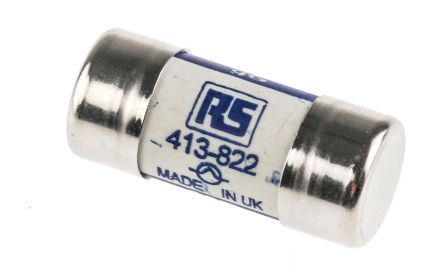Link's below, anyone fancy buying them and testing to see what current on average they fail at. Now I knew there were dangerous and non compliant 15A BS1362 style fuses on the market, but now we seem to have 20A rated BS1362 style fuses to! 
http://www.ebay.co.uk/itm/10-Pcs-AC...016738&hash=item1c55ddc620:g:TRYAAOSwKoRZY4uH
Or
http://www.ebay.co.uk/itm/Ceramic-D...hash=item3d2b8e4110:m:mO4_I9lAi8fIeR6ErVX2eGQ
Regards: Elliott.
http://www.ebay.co.uk/itm/10-Pcs-AC...016738&hash=item1c55ddc620:g:TRYAAOSwKoRZY4uH
Or
http://www.ebay.co.uk/itm/Ceramic-D...hash=item3d2b8e4110:m:mO4_I9lAi8fIeR6ErVX2eGQ
Regards: Elliott.




